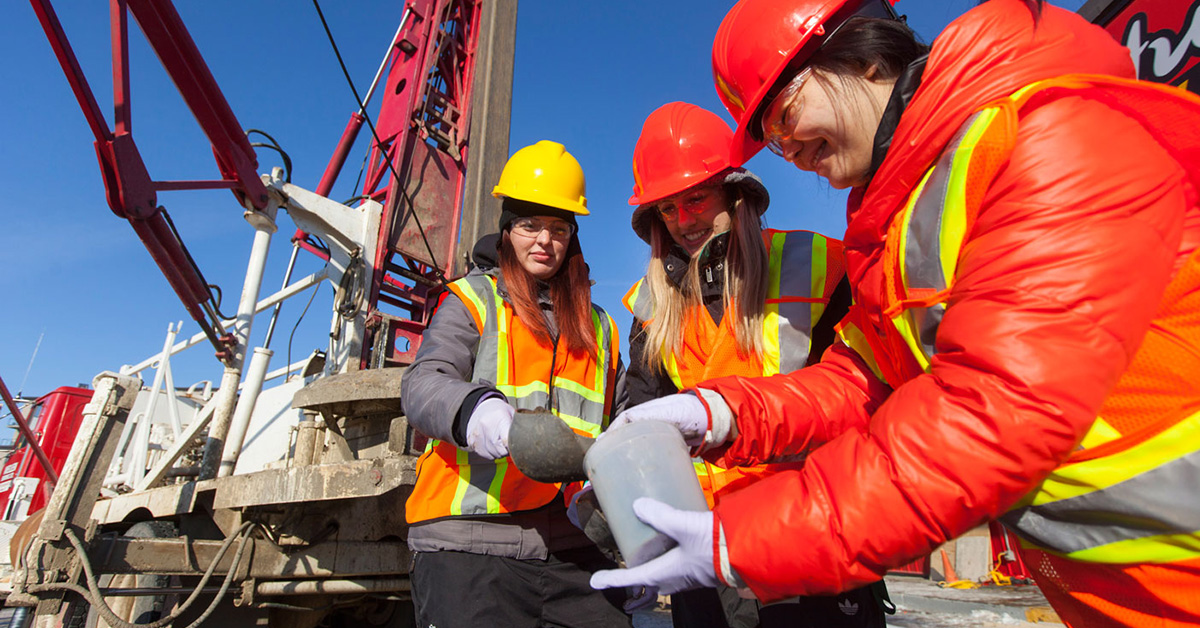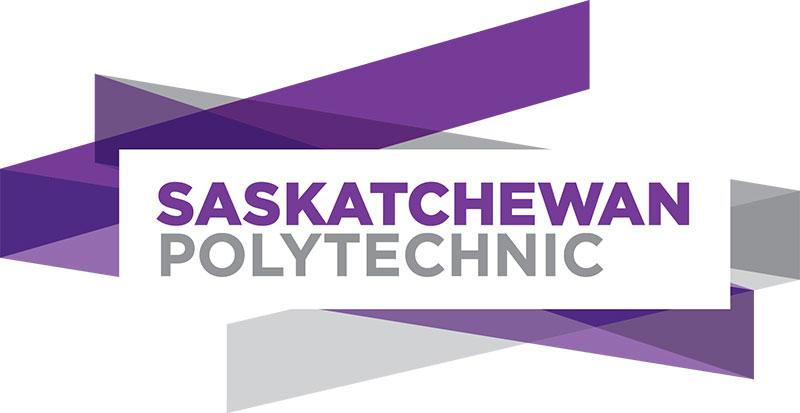Cleaning up contaminated soil at former gas station sites is fraught with hurdles. Traditional remediation methods involve excavating impacted soils and moving them to a landfill or treatment facility. This is costly, prohibits use of the site during the process, and can expose people to contamination.
Hoping to change that, Federated Co-operatives Limited (FCL), a collective of 500 co-op grocery stores and gas stations in Western Canada, has partnered with Saskatchewan Polytechnic and the University of Saskatchewan to explore how to advance soil remediation techniques and technology developed by FCL and university soil scientists.
There are about 30,000 gas contaminated sites in towns and cities across Canada. If the research proves fruitful, the use of naturally occurring bacteria and fungi to break down hydrocarbons at contaminated municipal “brownfield” sites could reduce clean-up costs by more than 30 per cent.
As a key part of the investigation, students and faculty at Saskatchewan Polytechnic’s BioScience Applied Research Centre are developing tests and collecting and analyzing groundwater and mineral samples from a former gas station site to determine the effectiveness of eco-friendly soil remediation.
Trevor Carlson, Director of Sustainability at Federated Co-operatives Limited says, “This technology will enable FCL to remediate contaminated sites without negatively impacting the environment, transferring contaminated soil to a landfill or disrupting business activities on site.”


